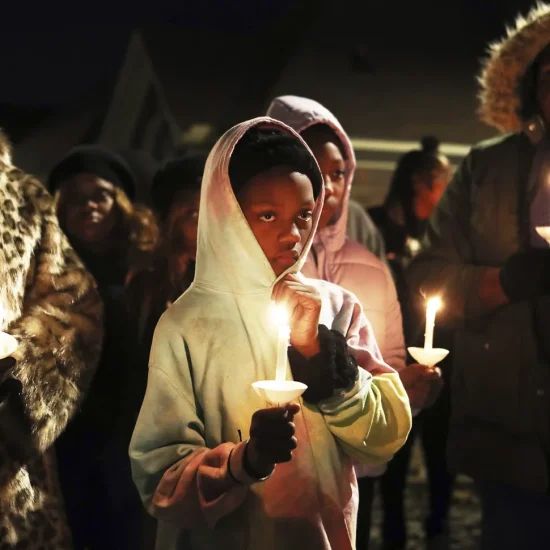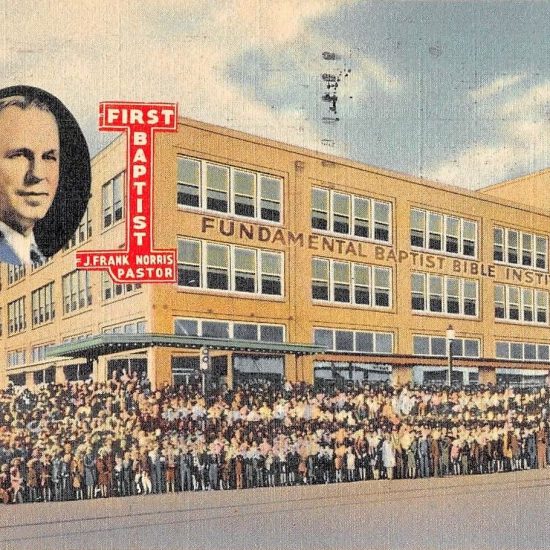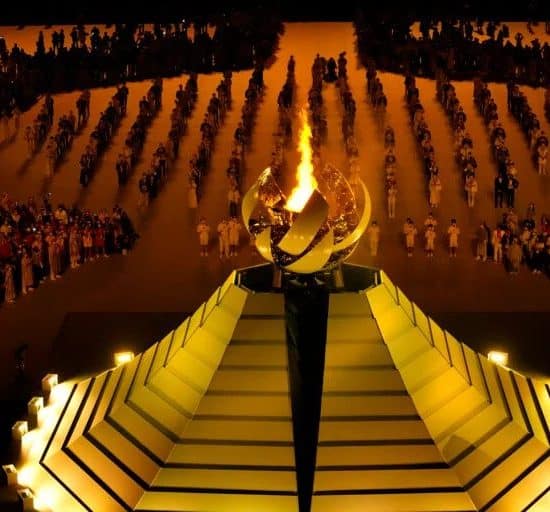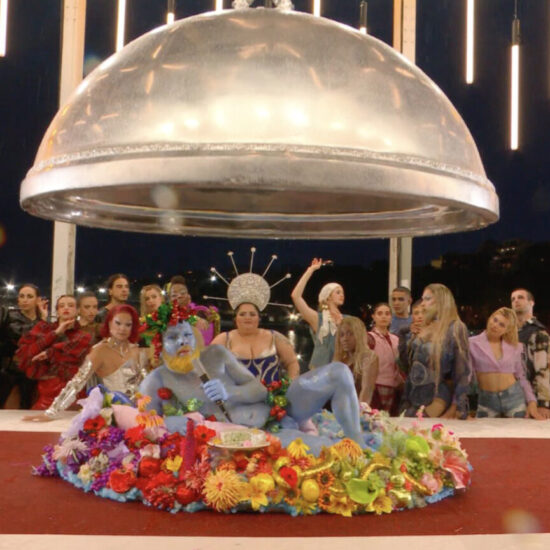LONDON—Doug Shaw points out the wave-shaped roof of the 2012 Olympic aquatics center as he looks across the tracks from Platform 4B at London’s Stratford railway station. Beyond the center rises the triangulated exterior of the main Olympic stadium.

Missionary Doug Shaw, who is serving as Southern Baptist volunteer coordinator for the Olympic Games this summer, looks out over the construction site of Olympic Park in London’s Stratford area. Construction has come a long way in the past few months, and workers have put the finishing touches on the area.
|
The Olympic Park has been a rapidly developing scene for the passengers who commute daily through this station to other parts of London and beyond.
They’ve also watched renovations at the station that have boosted capacity to prepare for the tens of thousands of international spectators, volunteers and athletes that will travel to the Olympic Park each day during the 2012 Olympics.
The station will operate around the clock during that time, with a capacity for 250,000 people daily, said Doug Shaw, International Mission Board missionary, who has become something of an expert on the logistics of how the Olympic games operate.
Shaw and with his wife, Marcy, have served as missionaries in Poland and London, and now he is Olympics volunteer coordinator for Southern Baptists.
The real reason the Shaws moved to London, however, was not this global sporting event, but the internationals themselves—in particular, the Polish population now living in London.
Just standing on this station platform or walking down a nearby road reveals the multicultural reality of London, with immigrants from nearly every country imaginable making this city their home.
On Stratford’s High Street—the British equivalent of an American Main Street—Eastern European women push babies in strollers, and covered women draped with headscarves carry shopping bags home.
Faces reflecting a variety of ethnicities and nationalities run to catch buses, read in the public library and work in the restaurants and shops in this east London community.
Shaw knows the area well. He frequents Stratford to observe various stages of the Olympic grounds development as he plans for the hundreds of volunteers that will come to be a part of a Southern Baptist volunteer force assisting during the Olympics. But that’s just part of his job.
The Shaws came to London in 2008 to reach out to the large Polish community here. Before moving to London, they had served nine years in Rzeszów, Poland as church planters, deep in the language and culture there.
They were set to return to their former country of service after Doug Shaw worked a stint in the stateside offices of the IMB and were praying about what city to return to in Poland.
In the course of work he was doing for the IMB’s Global Research Department, though, Shaw passed through London several times.
“We were getting ready to come back to Poland,” Marcy Shaw said. “We were praying over it. But every time Doug traveled through London he’d come back and say, ‘You wouldn’t believe all the Polish there. Everywhere I go, they’re all speaking Polish. My waiters were Polish, the people on the bus were Polish, the people on the underground were Polish, the people in the stores were Polish.’”
So, the pair began praying God would send someone to England to work with Poles.
“And God said, ‘Yeah, OK, I’ll send you,’” Marcy Shaw said.
The fact that the Shaws speak Polish smoothes the way for connecting with Poles in London. “We can meet people really easily,” she said. “It’s unusual for the English or for Americans to speak their language. When we were studying in Poland, they would say, ‘Wow, most Americans expect us to learn English and you’re learning Polish.’ So it really had an effect on them.”
One would think the Shaws have their hands full with Polish work. So why are they also supporting the logistics for Southern Baptist volunteers for the Olympics?
Doug Shaw laughs about how he came to be in charge. “I asked my supervisor: ‘Are we doing something for the Olympics?’”
It was kind of like praying God would send someone to London to reach out to the Polish community here.
Elaine Gaston, who lived in London with her family in the mid-90s, is a writer for Woman’s Missionary Union.





